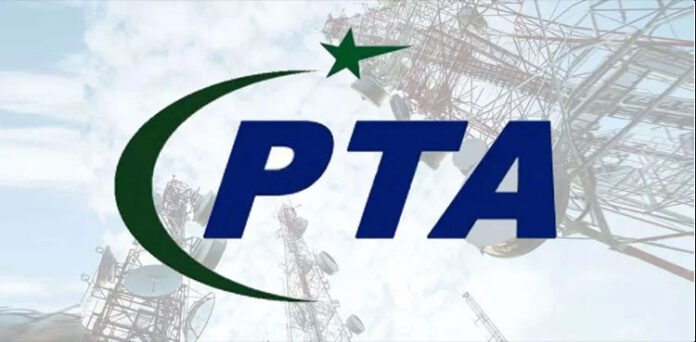Islamabad Pakistan (July 14, 2025) A prominent business leader has sounded the alarm over the unchecked influence of Pakistan’s sugar mill lobby, which has been able to dictate state resources and agricultural policy-making, warning that its growing dominance poses a threat to the country’s textile industry and broader economic stability.
Shahid Rasheed Butt, former president of the Islamabad Chamber of Commerce and Industry (ICCI), called for immediate action to curb a “mafia-like grip” on state resources and agricultural policy-making.


Speaking to the business community, Mr. Butt highlighted a troubling trend. Fertile land once dedicated to cotton, the backbone of Pakistan’s largest export industry, is being systematically diverted to sugarcane cultivation despite existing sugar surpluses.
The shift carries severe economic consequences. Pakistan’s textile sector, which accounts for 60 percent of national exports and employs millions, faces mounting pressure as cotton production declines and import dependence grows, straining the fragile trade balance.
He noted that cotton growers struggle with shrinking acreage, erratic backing, and water shortages, but the sugar industry continues to expand through subsidies, guaranteed prices, and preferential access to irrigation.
Data reveals the cotton production in 2024–25 plummeted to just 6.42 million bales, 41% below target, mainly due to a 22% decline in cultivated area as farmers switched crops. To fill the gap, Pakistan imported over 1.5 million bales of cotton and 1.25 million bales of yarn, thereby depleting its foreign exchange reserves.
In 2024–25, sugar production soared to 5.77 million metric tons, with domestic inventories reaching nearly 4 million metric tons, more than enough to meet national needs. Yet, despite warnings, the government approved the export of over 765,000 metric tons of sugar, only to reverse course months later and authorise the import of up to 350,000 metric tons as local prices spiked to Rs200 per kilogram. This cycle of subsidised exports followed by expensive imports has left the masses frustrated.
The business leader said this mismanagement stems from deliberate policy choices influenced by powerful lobbies rather than economic logic or national interest. Shahid Rasheed Butt warned that the implications of this mismanagement extend far beyond the agricultural sector. The unchecked influence of the sugar lobby could lead to irreversible damage to the textile industry. This not only threatens job losses but also reduces foreign exchange earnings, precisely when both are desperately needed.
Mr. Butt’s remarks have reignited the debate over the urgent need for structural reforms in the agricultural sector. This includes an independent review of land use and subsidy policies, as the current system rewards political patronage over productivity.
With mass unemployment looming and rural distress deepening, Shahid Rasheed Butt warned that delaying reform would only deepen the crisis. “Without immediate action, we’re leaving future generations to bear the cost of today’s misplaced loyalties,” he said.
The controversy highlights challenges facing Pakistan’s economy as it navigates inflation, energy shortages, and the need to balance competing agricultural and industrial interests in an increasingly constrained fiscal environment.

















